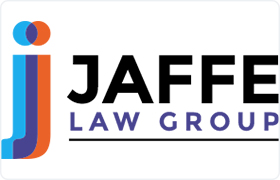West Bloomfield White Collar Crime Lawyer, Michigan
Sponsored Law Firm
-
 x
x

Click For More Info:
-
Jaffe Law Group
30701 Barrington Street Madison Heights, MI 48071» view mapCriminal Law Advocates for Oakland County
For over three decades, Jaffe Law Group has helped individuals accused of crime, families dealing with tough legal matters, and injury victims get through a difficult time.
248-522-9545
James W. Burdick
Health Care Other, Health Care, Federal, White Collar Crime, Criminal
Status: In Good Standing
Kathleen Wilson Fink
DUI-DWI, White Collar Crime, RICO Act, Felony, Criminal
Status: In Good Standing Licensed: 36 Years
FREE CONSULTATION
CONTACTRockwood Bullard III
Business, Real Estate, Lawsuit & Dispute, White Collar Crime
Status: In Good Standing Licensed: 50 Years
FREE CONSULTATION
CONTACT Brent Jaffe Madison Heights, MI
Brent Jaffe Madison Heights, MI AboutJaffe Law Group
AboutJaffe Law Group Practice AreasExpertise
Practice AreasExpertise
